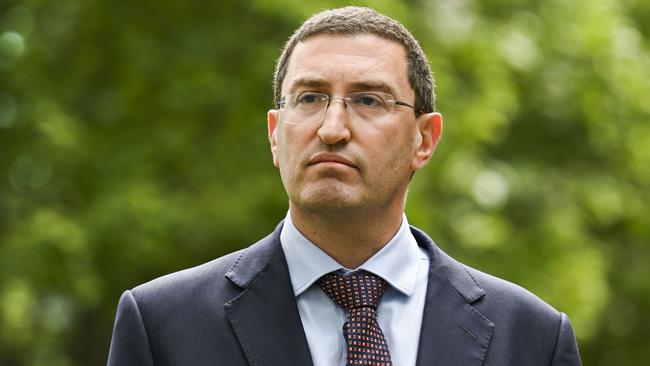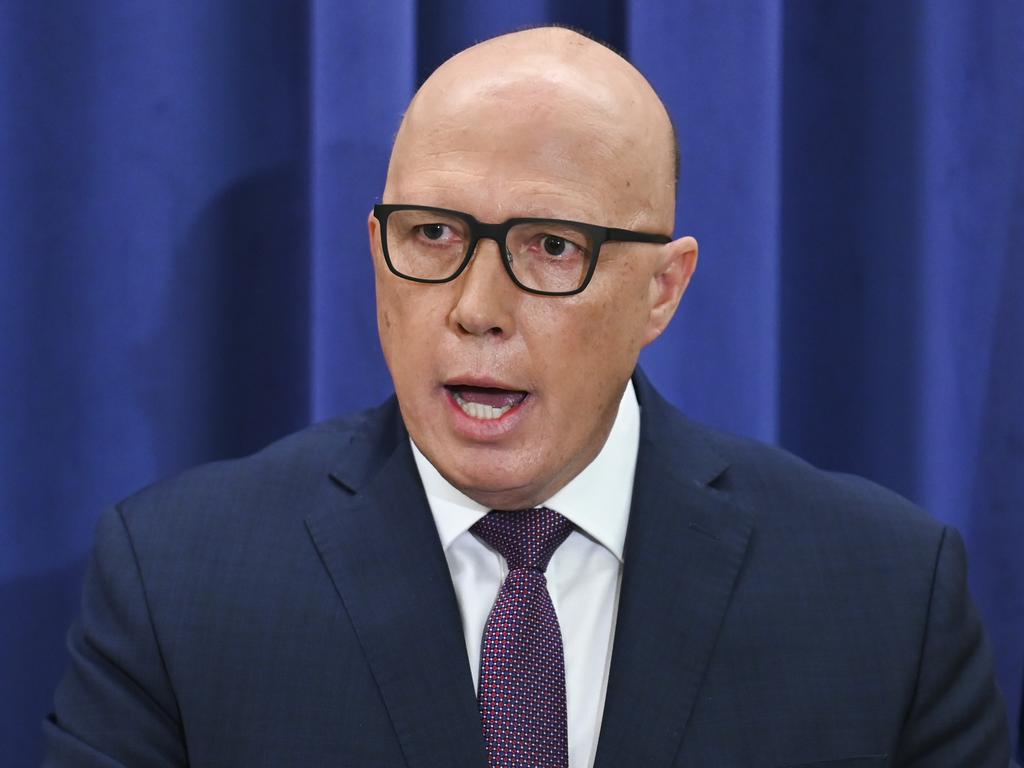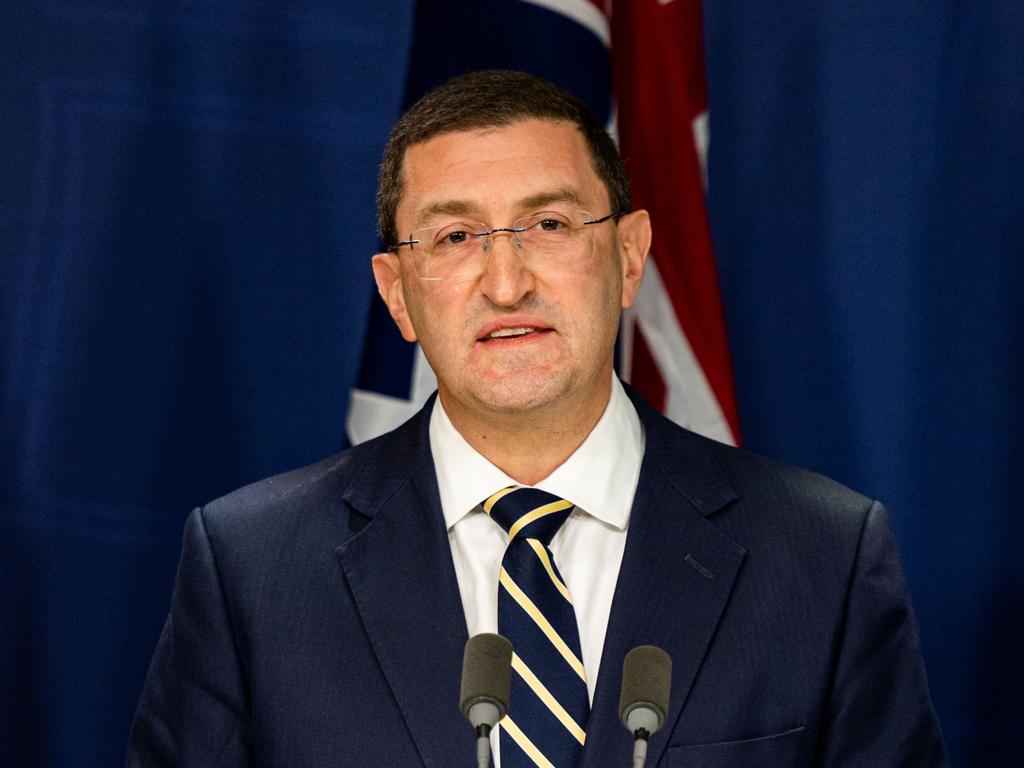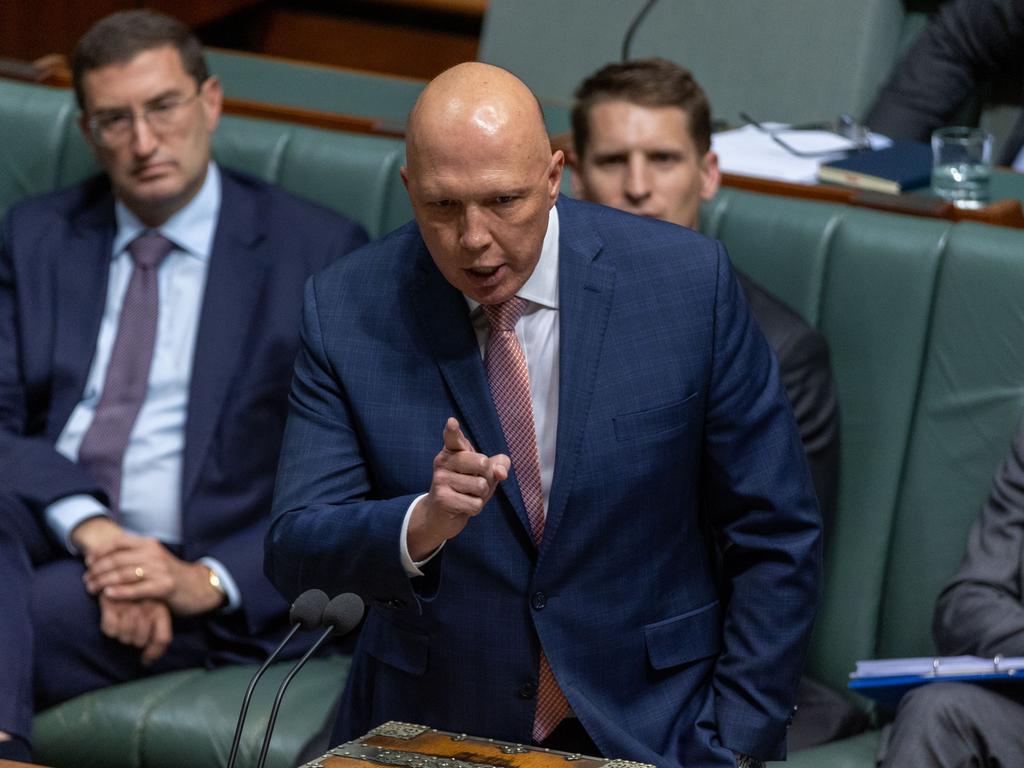We must find common ground on the voice
The truth is the referendum is not tracking well, and if the government is serious about succeeding it must be prepared to compromise.

Almost ten years ago, I sat down with a small group of constitutional conservatives and Indigenous leaders and worked on a proposal for constitutional recognition.
The idea we developed was different, it was organic, and it was an uniquely Australian idea designed for Australian conditions.
The proposal was called the voice. Though, to be entirely frank it was voice 1.0.
It was a way of achieving constitutional recognition as well as creating a new structure to improve the lives of Aboriginal and Torres Strait Islander people.
As a non-Indigenous Australian, I have been on a journey seeking to understand the perspective of Indigenous Australians on the issue of constitutional recognition.
Before I entered parliament, I started an organisation called Uphold and Recognise, which sought to engage constitutional conservatives on the issue.
In parliament, along with Pat Dodson I co-chaired the parliamentary Joint Committee inquiry into Constitutional Recognition. Pat and I sweated every word. We laughed, we argued, we tried to push each other towards our own positions, but we sought to find common ground. That report is the thing I am most proud of in my time as a parliamentarian.
As the debate over the voice has taken hold over recent months, I have sought to keep faith with the very chords of belief and belonging that are part of who I am.
I have tried to keep faith with the first peoples of this land who want to have a stake in their own futures as well as keep faith with the Constitution, that invisible pillar that holds our nation together. But above all, it’s been about keeping faith with my values – Liberal values based on a fair-minded, conservative temperament.
Over recent months, I have spoken with Peter Dutton on a number of occasions about my desire to champion changes to the amendment. I respect Peter greatly.
I have also had many respectful discussions with colleagues about the voice. I have listened to their views and they have heard mine but ultimately I have not been able to persuade them, and it’s clear the Shadow Cabinet and the Party Room and I have landed in different places on this issue.
One of the great strengths of the Liberal Party is that, unlike almost any other party in the parliament, we give backbenchers the freedom to champion the ideas they believe in. I go to the backbench without bitterness or rancour, because I want to exercise that freedom because I intend to campaign for a yes vote.
I believe the time for the voice has come. I believe that better policy is made when the very people affected by it are consulted.
It is through empowering people and by building institutions that shift responsibility and decision making closer to people, we are more likely to shift the dial on Indigenous health, education, housing, safety and economic opportunity.
The time has come for the government to seriously engage with Coalition voters. It hasn’t done so to date. The government’s failures in this regard could ultimately put the referendum at risk.
When it comes to the voice, I know there are many Australians who remain to be convinced by the Yes case. They have legitimate questions and concerns.
I understand those concerns because I too have wrestled with them.
Last Monday, I put forward a new amended model for a voice at the National Press Club. The Press Club model achieves three things
First, it affirms the importance of local and regional bodies across our country as was proposed by the Calma-Langton report and supported by the Coalition.
Second, it achieves constitutional recognition without using symbolic language which is out of keeping with the rest of the Constitution – removing questions and doubts about activist judges.
Third, it leaves the scope and powers of the voice completely to parliament rather than turbocharging objections to disputed words in the Constitution. In other words, removing clause two of the proposed constitutional amendment.
In the months ahead, I will champion these changes.
I believe these changes will move the referendum to surer ground because we have taken off the barnacles. These changes will recognise Indigenous Australians in our founding document, while guaranteeing the supremacy of parliament.
The truth is the referendum is not tracking well, and if the government is serious about succeeding it must be prepared to compromise to bring more Australians into the tent.
We must all understand the risk to our country, and the risk to our shared national reconciliation project, if the referendum fails.
An all or nothing approach could deliver nothing.
That’s why we must find common ground.







To join the conversation, please log in. Don't have an account? Register
Join the conversation, you are commenting as Logout